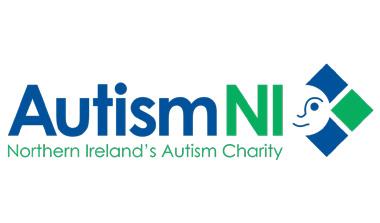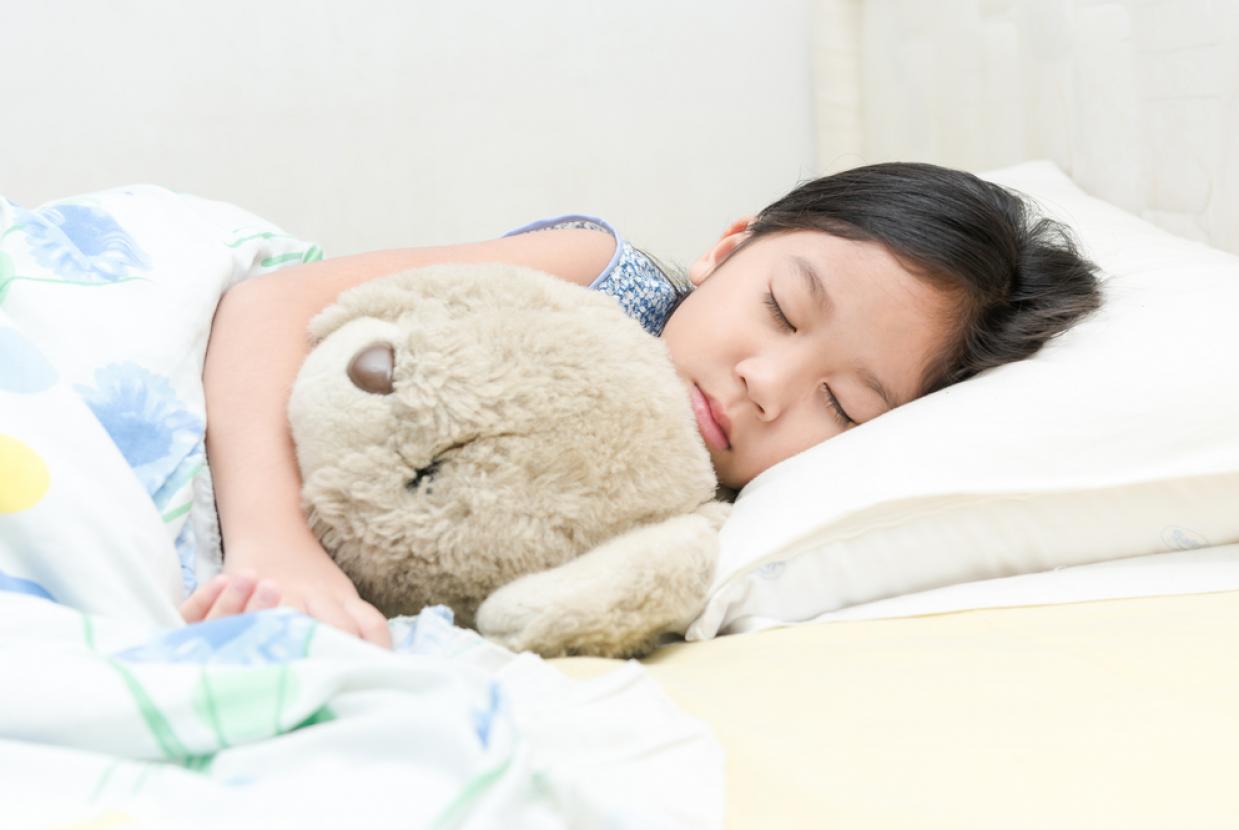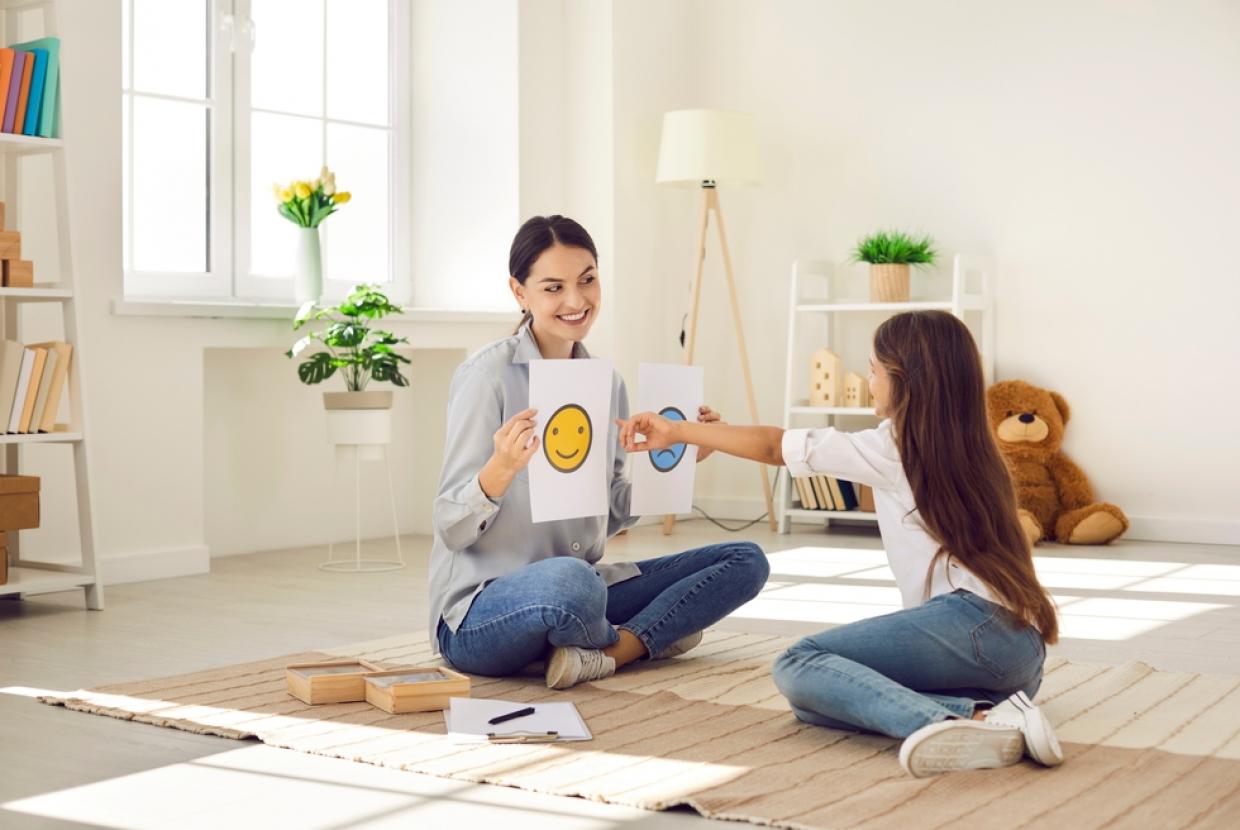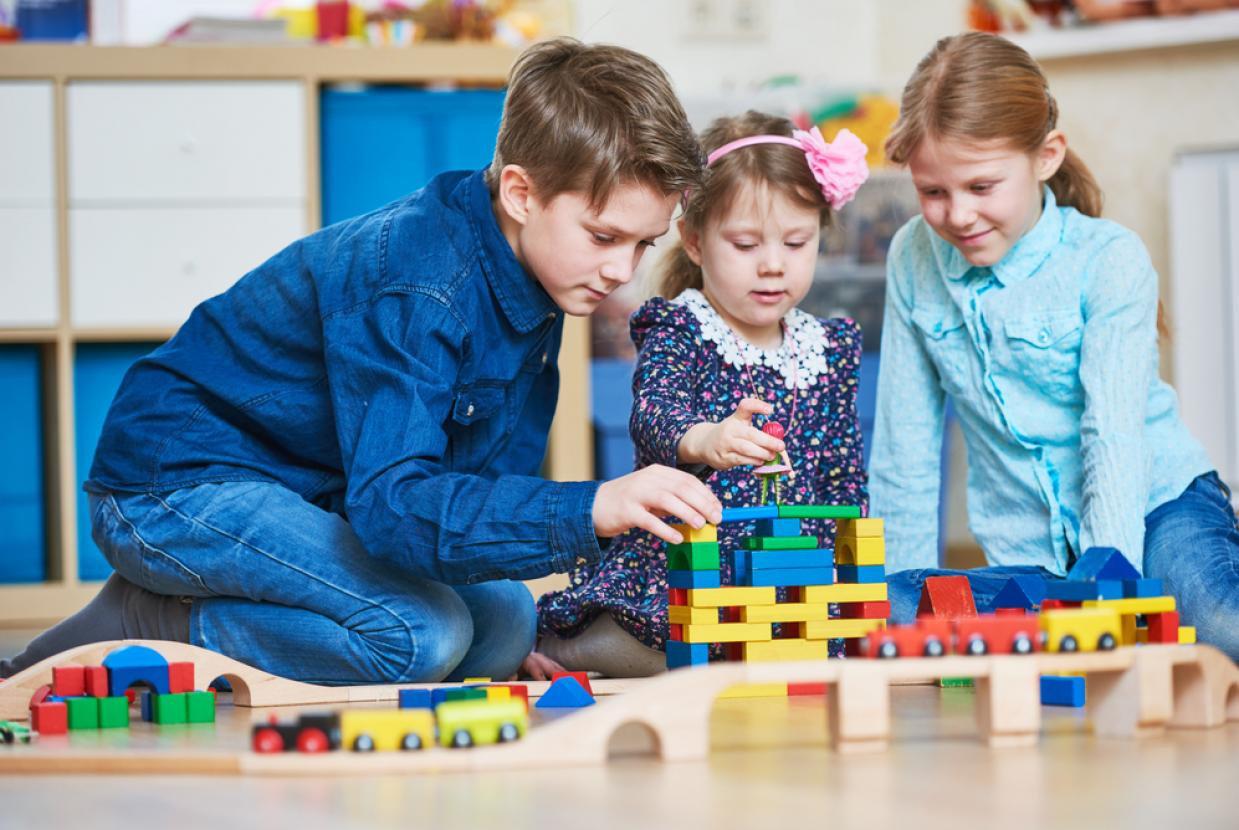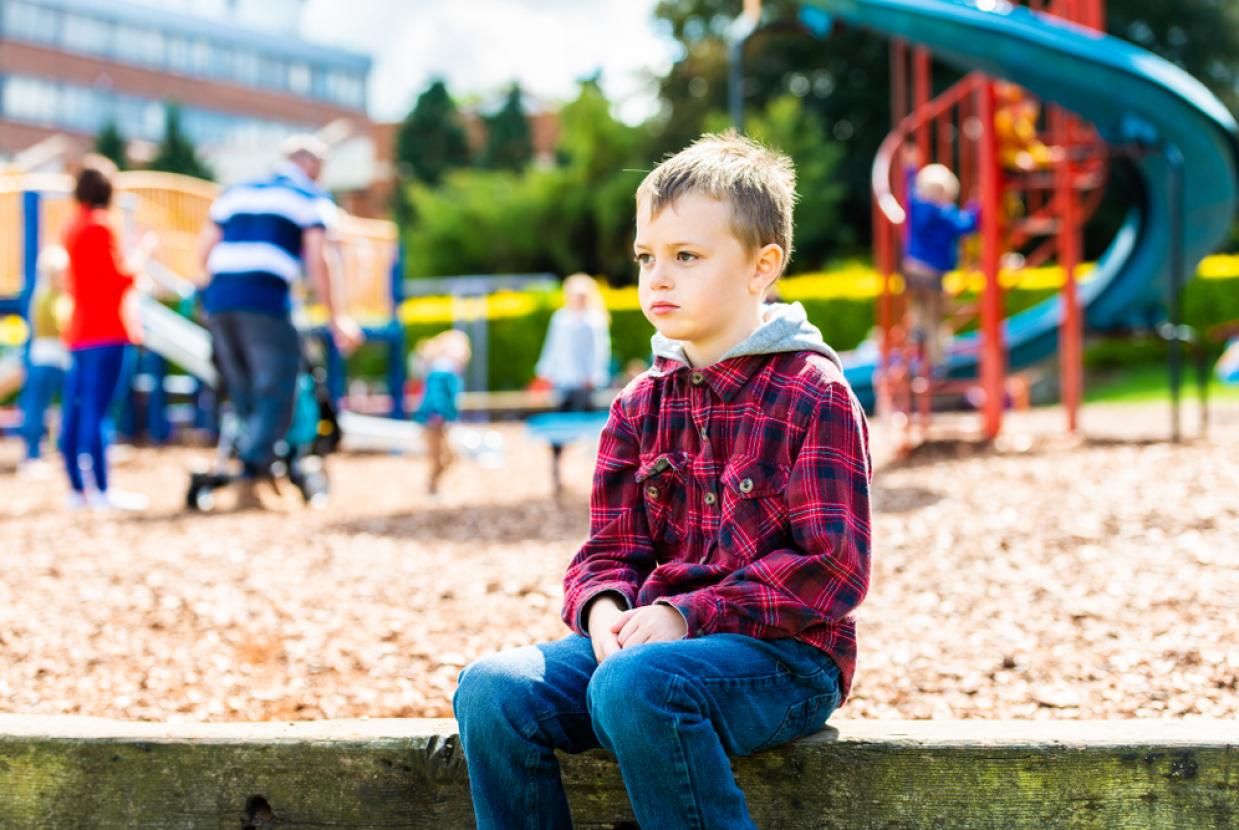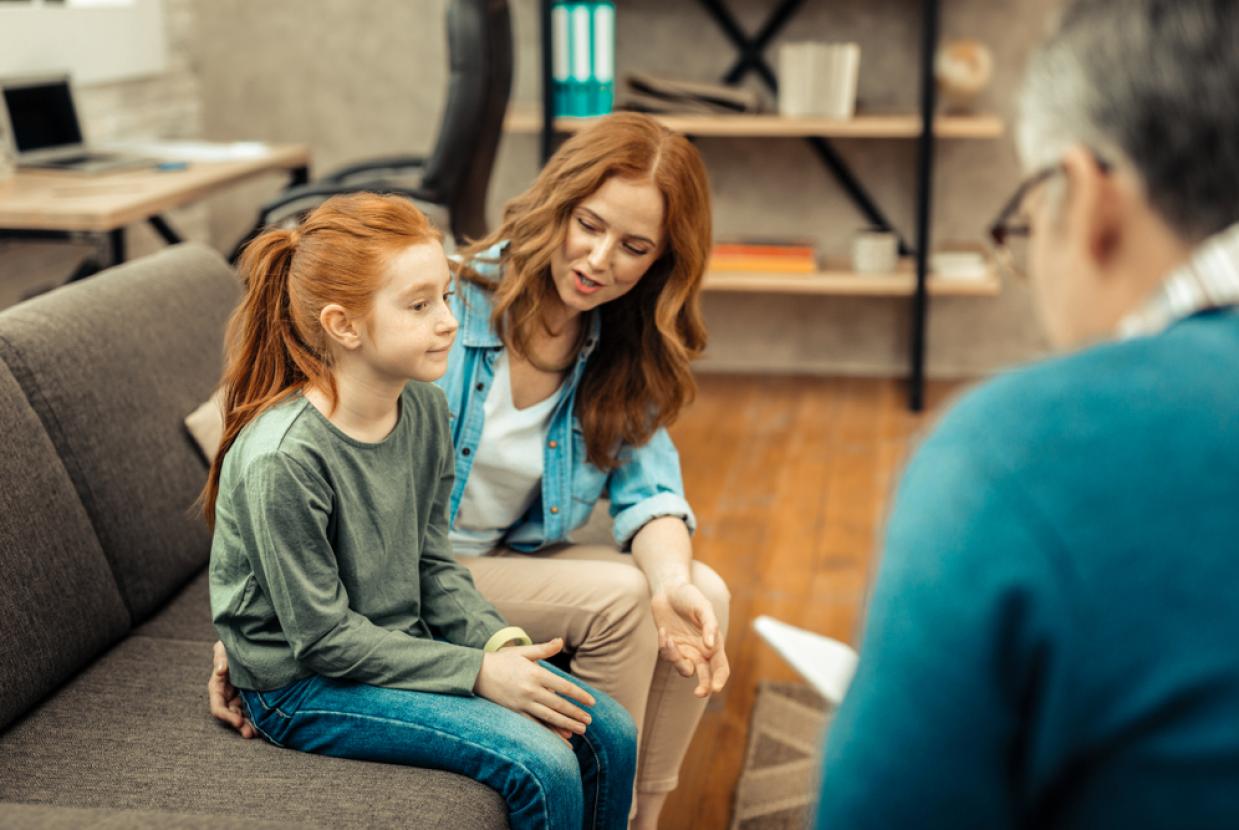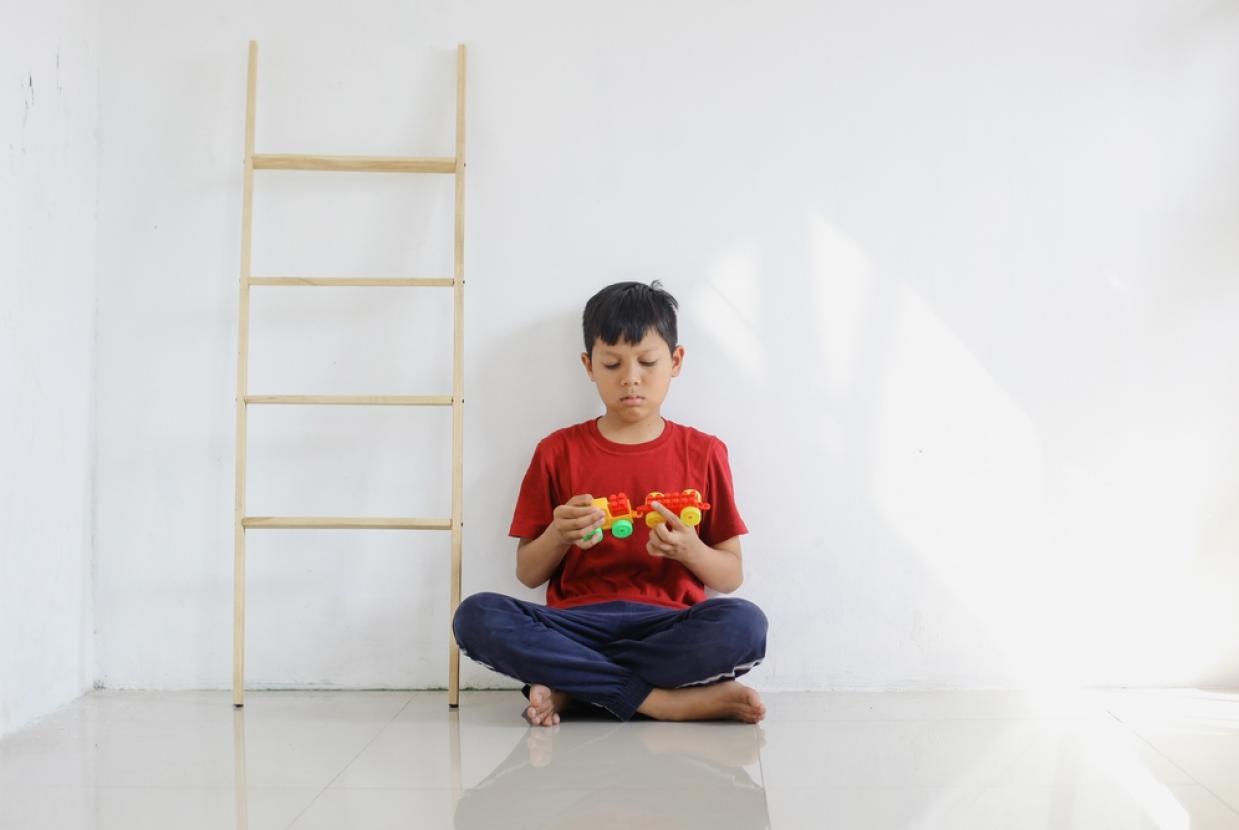Autism and Children
There are multiple options when exploring an autism assessment for children. These may include Speech and Language Therapy, Occupational Therapy, Health Visitors and GP or Paediatrician. Waiting lists for assessments vary across Trust areas.
In addition, there are several independent providers of assessment across Northern Ireland. The cost of any private assessment can vary, so it’s a good idea to phone several and ask what costs are involved and what the cost covers. It is also important to check if your Health Trust has previously accepted the provider’s diagnostic reports and whether there is any follow-up early support offered.
Following a diagnosis, parents may experience a range of emotions about the needs of their child. It is important to recognise that the period immediately following an autism confirmation is one of adjustments. As you gather more knowledge and understanding about autism, your confidence will grow and with it the recognition that you are the greatest, all-round expert on your autistic child.
Actively seek out people who are knowledgeable and consider what they have to say. Take time to look up early support options and decide what is best for your child and family. Above all never lose sight of the individual autistic child at the centre of any proposed support.
To access these booklets, click here. Further information is also available through Family Support.



